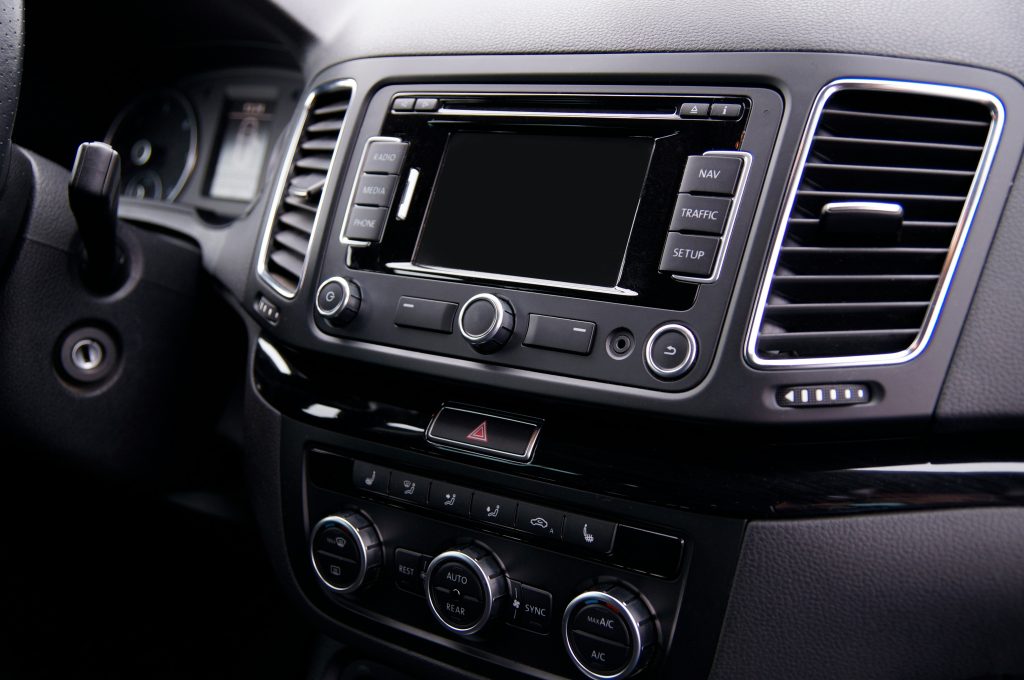In an age where technology is seamlessly integrated into almost every aspect of our lives, it’s no surprise that it has found its way into our vehicles as well. From GPS navigation systems to hands-free calling and voice-activated controls, modern cars are equipped with an array of in-car technologies designed to enhance convenience and safety. However, the convenience of these technologies can sometimes come at a cost, particularly when they are used irresponsibly while driving.
Understanding the Risks of Distracted Driving
Distracted driving is a significant concern on roads nationwide, with various factors contributing to its prevalence. In 2021, over 3,500 deaths were attributed to distracted driving. Among these factors, the use of in-car technologies ranks high on the list. Activities such as texting, adjusting the radio, or interacting with infotainment systems can divert a driver’s attention away from the road, increasing the risk of accidents.
Types of In-Car Technologies
Infotainment Systems
Modern vehicles often come equipped with sophisticated infotainment systems that offer a range of features, including navigation, music streaming, and smartphone integration. While these systems can be incredibly useful, they can also be distracting if not used responsibly. Drivers may find themselves fumbling with touchscreen controls or navigating complex menus instead of focusing on the road ahead.
Hands-Free Calling
Hands-free calling systems allow drivers to make and receive phone calls without taking their hands off the wheel. While this can reduce manual distractions, it’s essential to remember that engaging in conversation, even hands-free, can still divert cognitive attention from driving.
Voice-Activated Controls
Voice-activated controls enable drivers to interact with in-car technologies using voice commands, theoretically reducing the need for manual input. While this can be a safer alternative to using touchscreen interfaces, it’s crucial to ensure that voice commands are executed accurately and efficiently to minimize distraction.
Tips for Responsible Use
Limit Usage
To minimize distractions while driving, it’s essential to limit the use of in-car technologies to situations where it is absolutely necessary. Avoid engaging with infotainment systems or making phone calls unless it is safe to do so, such as when stopped at a red light or pulled over in a safe location.
Set Up Before Driving
Take advantage of any pre-drive planning features offered by your vehicle’s infotainment system. Set your destination in the navigation system, queue up your favorite playlist, and adjust any settings before you start driving to reduce the need for interaction while on the road.
Use Voice Commands Wisely
If your vehicle is equipped with voice-activated controls, familiarize yourself with the commands and practice using them before hitting the road. Take advantage of this feature as it provides a great way to interact with the vehicle’s technology without diverting your eyes away from the road.
Stay Focused
According to the Kansas City vehicle collision lawyer at Miller & Hine, a driver not dedicating their full and undivided attention runs the risk of causing an accident. Remember that the primary task while driving is to safely operate the vehicle. Keep your attention focused on the road ahead, scan your surroundings regularly, and be prepared to react to any unexpected situations that may arise.
Take Advantage of Technology in a Responsible Way
In-car technologies offer numerous benefits in terms of convenience and connectivity, but it’s essential to use them responsibly while driving. By minimizing distractions and staying focused on the task at hand, we can all do our part to ensure safer roads for everyone. So the next time you’re behind the wheel, remember to keep your eyes on the road and your hands on the wheel.


Recent Comments